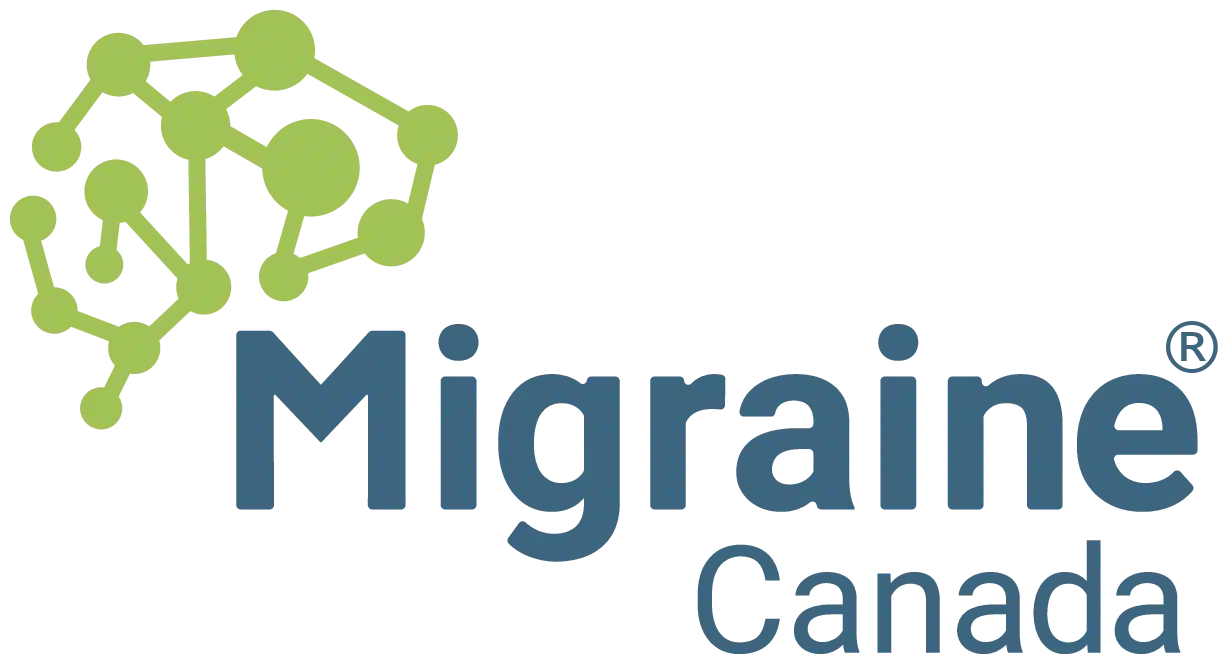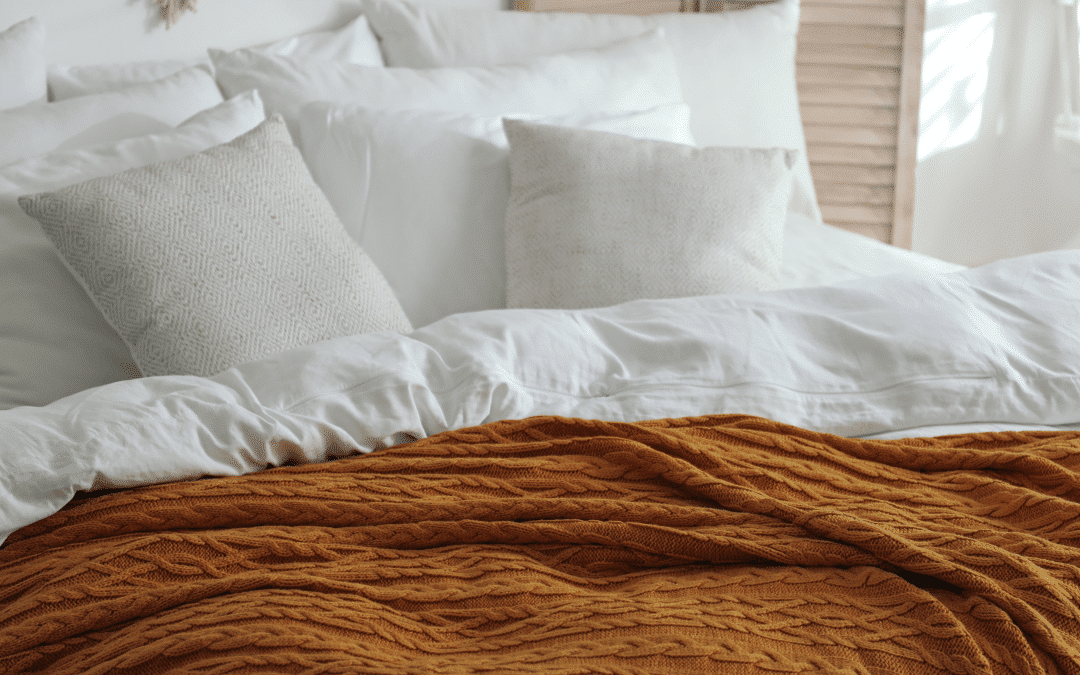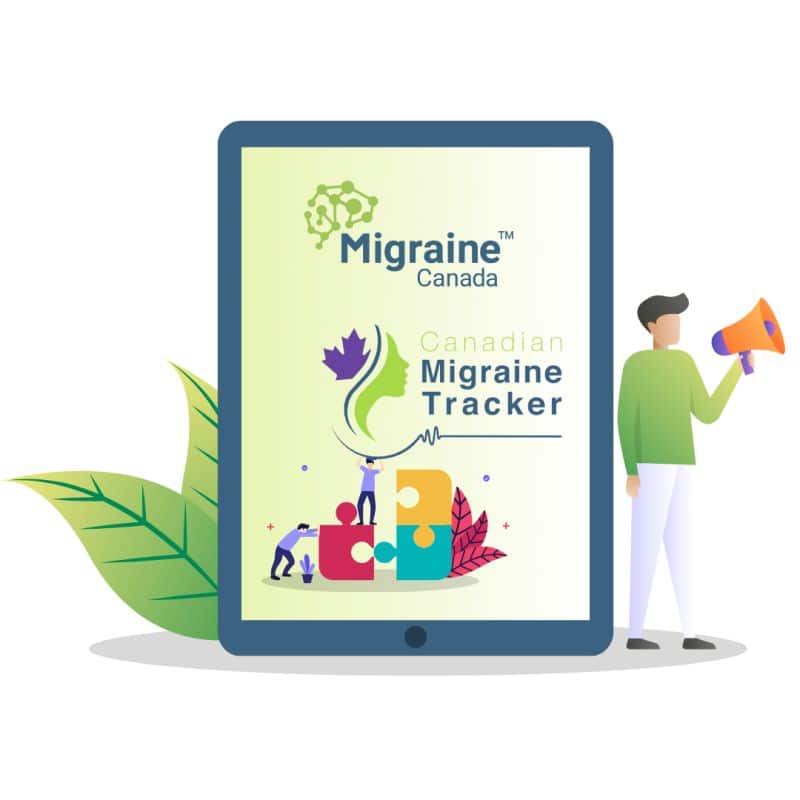Sleep plays a critical role in managing migraine, influencing brain function, neurotransmitter balance, and the body’s natural detoxification processes. Discover how deep sleep impacts migraine occurrence, why sleep apnea can exacerbate symptoms, and the relationship between sleep, menopause, and migraine. Learn about effective treatments and practical tips to optimize sleep for migraine relief and overall well-being.
Sleep and Brain Function
Sleep is crucial for the brain’s proper functioning. Without adequate sleep, humans begin to hallucinate and can ultimately die. Sleep is an active brain process involving neurotransmitters and our biological clock, with electric rhythms changing throughout sleep.
Two Key Processes During Sleep Relevant to Migraine
- Brain Recharge: During sleep, the brain replenishes its energy. The brain’s energy comes from a molecule called ATP, which transforms into ADP when energy is released. During sleep, ADP converts back into ATP, readying the brain for the next day.
- Brain Cleansing: The brain has a glymphatic system that removes toxins accumulated from daily activities. Deep sleep is essential for this system to function, and without it, toxins build up, adversely affecting the brain.
Migraine Starting at Night
Experiencing migraine during deep sleep or early morning can be challenging as the attack is already in progress when you wake up. This type of migraine becomes more common with age as sleep cycles change. Using fast-acting treatments, such as sprays or injections, can be beneficial.
Sleep as a Migraine Treatment
Sleep has been recognized as an effective migraine treatment for centuries. It helps by rebalancing neurotransmitters, recharging ATP, and clearing waste products. If migraine attacks serve as a protective mechanism for an overloaded brain, then sleep naturally alleviates them.
Sleep Apnea and Migraine
Obstructive sleep apnea (OSA) can drastically affect people with migraine. OSA involves narrowed airways that reduce airflow during sleep, causing oxygen deprivation, blood pressure spikes, and frequent awakenings. This condition impacts cardiovascular health, brain function, and migraine. Sleep apnea is linked to obesity and thick necks but can affect anyone. Various tests and treatments are available to manage sleep apnea effectively.
Sleep, Migraine, and Menopause
Menopause causes nocturnal awakenings in 80% of women, often due to temperature regulation issues, which can increase migraine frequency. Managing menopause symptoms and discussing hormone replacement therapy with a physician can help mitigate this. To learn more, visit our post on menopause and migraine.
Headaches Occurring Mostly During Sleep
- Hypnic Headache: Occurs exclusively during sleep.
- Cluster Headache: Related to biological clocks.
- Glaucoma: High pressure in the eyes.
- Cervicogenic Headaches: Related to neck posture.
Headaches Upon Waking
- Sleep Apnea: Typically resolves after 1-2 hours.
- Temporomandibular Joint (TMJ) Disorders and Bruxism: Associated with jaw pain. Note: Both sleep apnea and TMJ disorders are associated with chronic migraine, following the ping pong theory.
- High-Pressure Headaches: Worsen when lying down due to increased blood flow to the brain, raising intracranial pressure.
Concerns About Nighttime Headaches
While new headaches at night can indicate serious issues like brain tumors, they are less likely if there is a history of migraine. Consult a physician if you notice new headaches or changes in your headache patterns.
Nightmares and Migraine Preventives
Medications like venlafaxine (Effexor) and propranolol (Inderal) can cause nightmares in some individuals. Nightmares can also result from post-traumatic stress disorder (PTSD), which requires proper management.
Improving Sleep for Migraine Relief
For tips on improving sleep, explore our post on improving sleep without medications and learn more about the impact of caffeine on sleep and migraine.
References
- Russell MB, Kristiansen HA, Kvaerner KJ. Headache in sleep apnea syndrome: Epidemiology and pathophysiology. Cephalalgia. 2014;34(10):752-5.
- Evers S. Special issue on headache and sleep. Cephalalgia. 2014;34(10):723-4.
- Freedom T, Evans RW. Headache and sleep. Headache. 2013;53(8):1358-66.
Post #715



